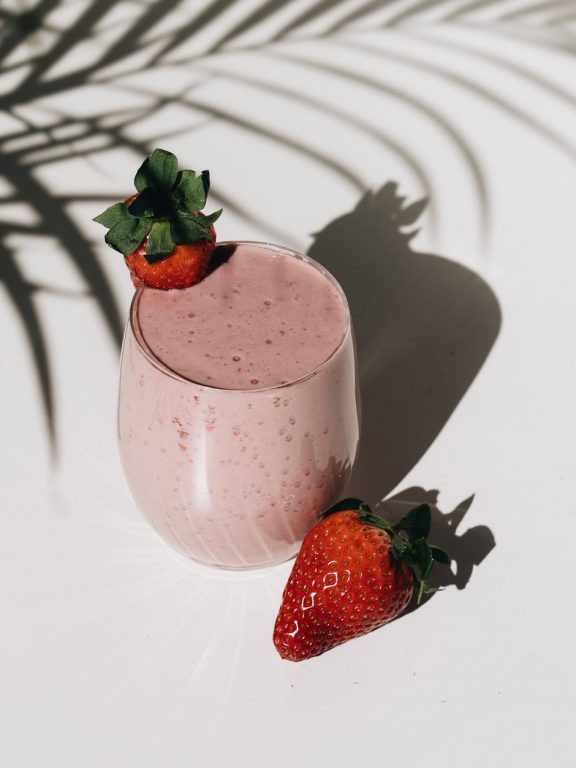Does Eating Late Make You Gain Weight? Debunking the Myths

This post is about Debunking the Myth: Does Eating Late Make You Gain Weight?
The advice to avoid eating late at night to prevent weight gain is a common piece of diet wisdom. But how much of this is myth, and how much is backed by science? Let’s unpack this popular nutrition myth with a blend of scientific research, practical advice.
The Myth: The notion that eating late at night directly leads to weight gain stems from the belief that our bodies store more calories as fat when we’re less active. But does this hold up under scrutiny?
Related: Healthy Aging: Nutrition and Longevity Tips for Women
Does Eating Late Really Cause Weight Gain?
The Science Behind Eating Late:
- Circadian Rhythms: Our body’s internal clock, or circadian rhythm, influences how we process food. Research, including insights from Harvard Health, suggests that eating out of sync with these rhythms might affect metabolism. Late-night eating could lead to less efficient energy use or increased fat storage.
- Caloric Balance: At its core, weight management is about energy balance. If you consume more calories than you burn, you’ll gain weight, regardless of when you eat. However, the timing might subtly influence how these calories are processed.
- Metabolic Rate: Some studies indicate that eating late could reduce metabolic rate, possibly due to changes in insulin sensitivity or lower physical activity levels post-eating. This doesn’t mean all late-night calories turn to fat but suggests a less efficient metabolic process.
Real-World Implications:
- Eating Habits: Late-night eating often involves less healthy food choices, larger portions, or distracted eating (like eating while watching TV), which can lead to overeating. It’s not just the time but the type and amount of food consumed.
- Sleep Quality: Consuming food close to bedtime might disrupt sleep, which indirectly affects weight through altered hunger hormones like ghrelin and leptin.
- Social and Cultural Factors: Eating late is often tied to social activities or work schedules, which might not align with optimal health practices but are part of lifestyle choices.
Practical Advice for Late Eaters:
- Early Eating Window: Consider adopting time-restricted eating where you consume most calories earlier in the day. This can align with natural circadian rhythms, potentially aiding in weight management.
- Mindful Eating: Focus on what you eat, not just when. Opt for balanced meals rich in nutrients. If you must eat late, choose lighter, healthier options like vegetables, lean proteins, or whole grains.
- Portion Control: Late-night snacks should be small. Avoid large meals that could lead to discomfort or indigestion, which might affect sleep quality.
- Hydration: Sometimes, thirst is mistaken for hunger. Drinking water can help manage late-night cravings.
- Physical Activity: If you eat late, consider light physical activity like a walk. This can aid digestion and might help in burning off some of the calories consumed.
Debunking Common Misconceptions:
- Myth: Eating after 8 PM automatically makes you gain weight.
- Fact: It’s more about overall diet quality, caloric intake, and lifestyle. While timing matters, it’s not the sole factor.
- Myth: Skipping meals to compensate for late eating helps.
- Fact: Skipping meals can lead to overeating later or nutritional deficiencies. Regular, balanced meals are healthier.
Conclusion:
While eating late might not directly cause weight gain in the simplistic sense of “calories eaten after 8 PM turn into fat,” there’s enough evidence to suggest that timing does play a nuanced role in how our body handles food. However, the overarching factors in weight management remain total caloric intake, diet quality, physical activity, and sleep. So, while you might not gain weight solely from eating late, optimizing your eating schedule could offer metabolic benefits.
Shop My Amazon Storefront HERE
Shop My LTK Shop HERE







